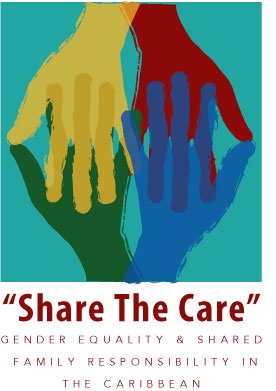
Share the Care - Child Support Poverty and Gender Equality - Barbados Country Report

The focus of this project is child-support proceedings, arguably the most significant component of the family justice system in the Caribbean. The project's main aim is to increase understanding of how the system functions in order to identify areas for reform and improvement. It also promotes the idea of shared family responsibilities, which is central to equalizing relations and opportunities between women and men, and explores the extent to which the legal system can help bring this about.
Studies suggest the growing importance of social fathering to many men in the Caribbean, but female-headed households, low marriage rates, and absentee fathers remain commonplace. Female-headed households are most likely to fall below the poverty line due to a combination of women's more limited and unequal employment opportunities and their disproportionate responsibility for the care of the vulnerable (not only children but also the elderly and sick). Women are also more prone to time poverty, forced as they are to balance multiple roles simultaneously and often lacking opportunities for self-development.
Across the region, there are few public assistance or social protection programmes aimed specifically at alleviating the poverty of women's households. In the post-colonial environment, the state has been expected to provide education and health care for children, but there is little discussion of the role of the state in meeting livelihood needs connected to gender inequalities. Many women see existing public assistance programmes as an alternative pathway for child support, and therefore economic stability. However, these programmes make no special allowance for mothers who have exclusive responsibility for the care of their children, an approach that reinforces female poverty.
The research was carried out in Barbados and in Trinidad & Tobago, examining how the courts resolve applications for child support, the amount of the awards, and their enforcement. The research looked at the criteria used and legal principles applied in resolving child-support proceedings, how gender and other ideologies inform the legal resolution of child support claims, and women's access to public assistance programmes.
Click here to download - Barbados Country Report - SUMMARY
Click here to download - Policy Considerations for Reform
The Trinidad Country Report - Summary will be made available on-line shortly.